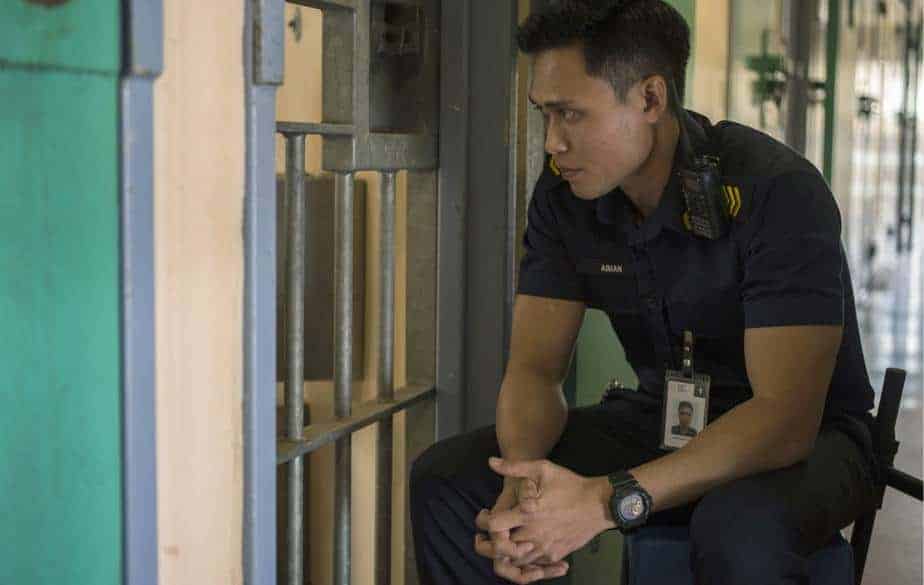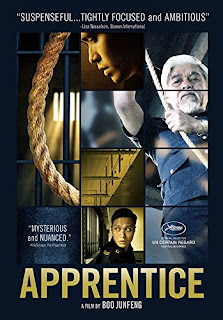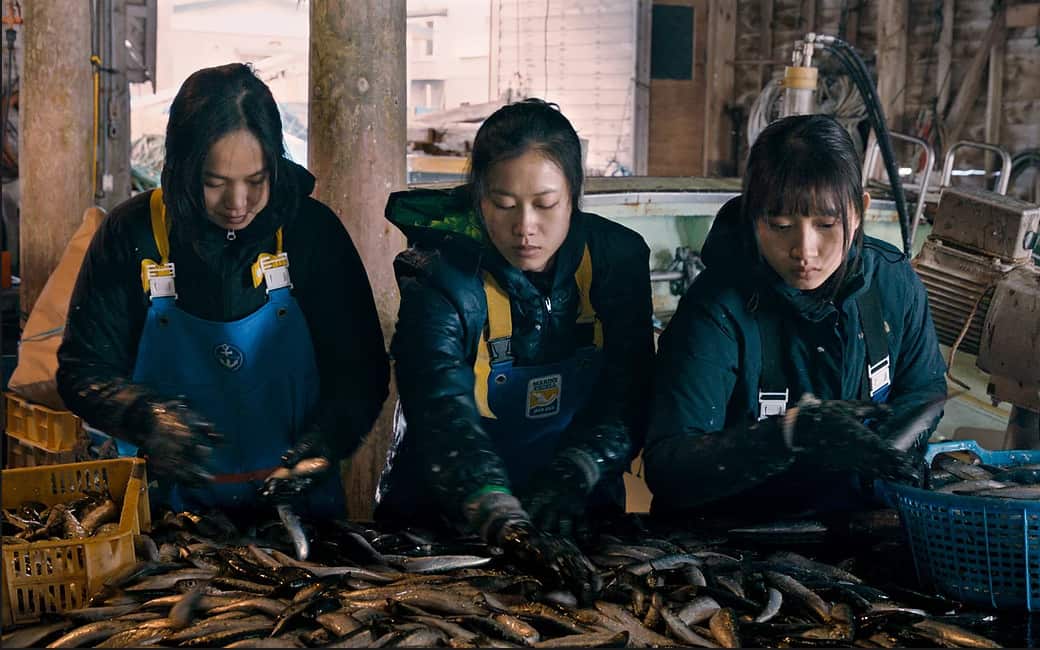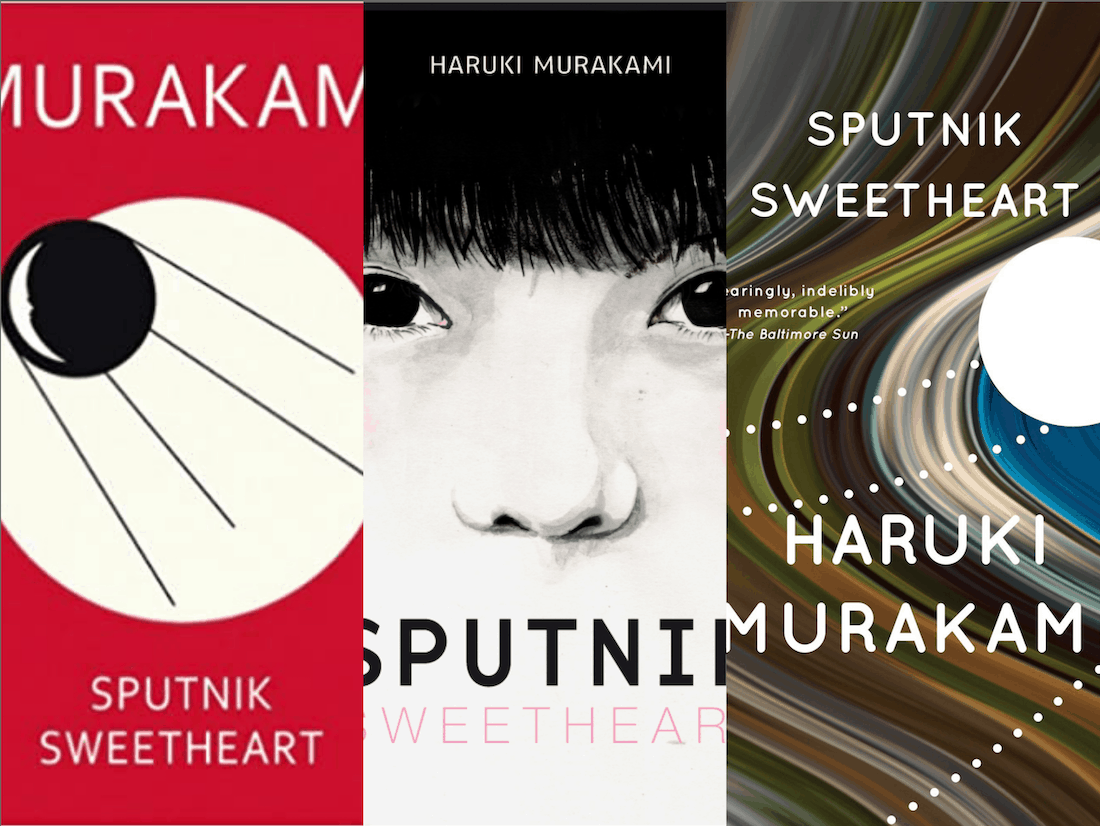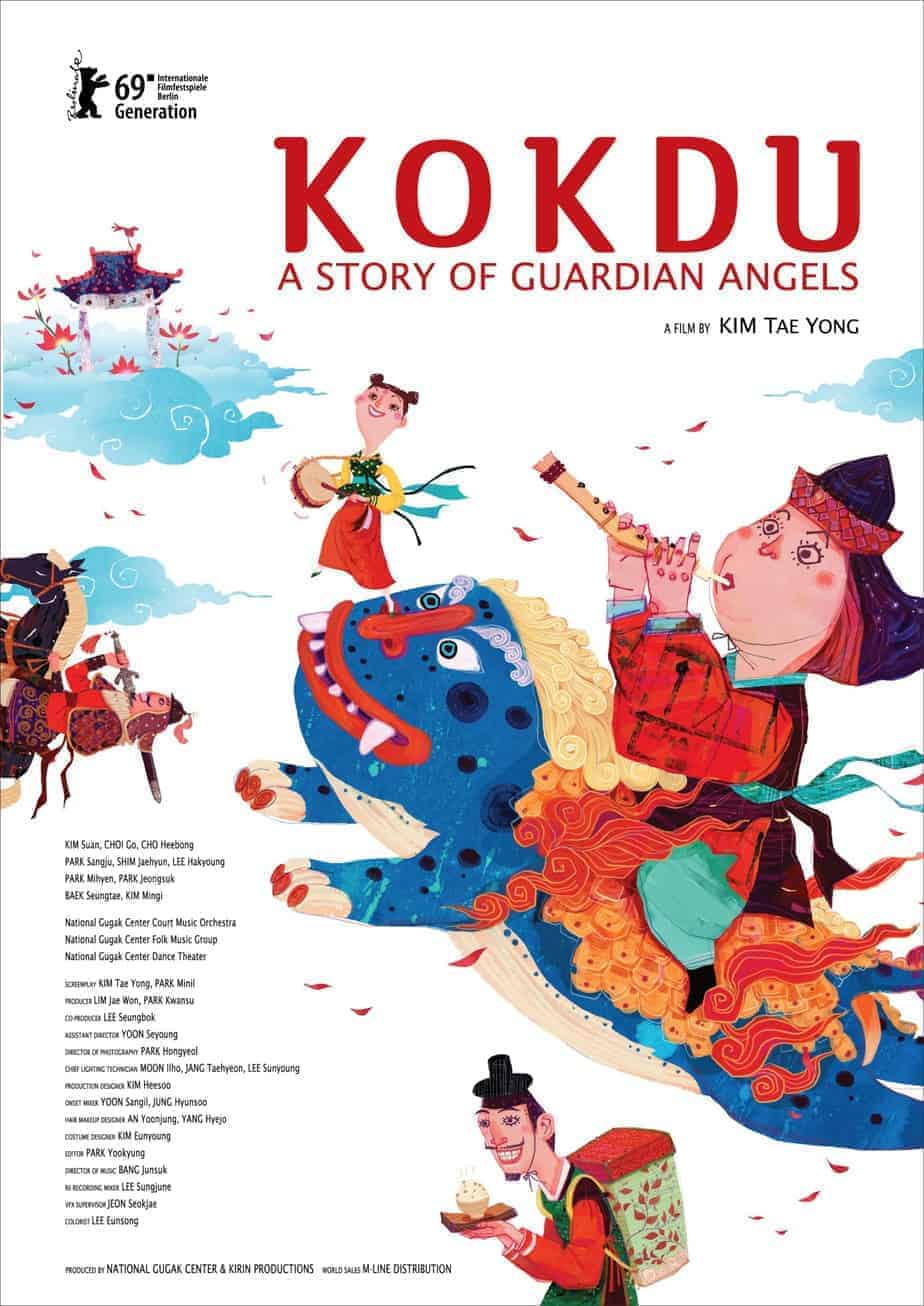Winner of the NETPAC award at the Golden Horse Film Festival and Awards, among a number of other awards, both Asian and international, and backed up by production companies from all over the world, “Apprentice” is one of the most renowned Singaporean films of all time and an, overall, great movie.
Buy This Title
The story revolves around Sergeant Aiman, a 28-year-old former soldier and current correctional officer, who has just been transferred from “Commonwealth” (referring to the former Queenstown Remand Prison) to the fictional Larangan Prison, the state's maximum-security correctional institute. Aiman's social life is practically non-existent, since he still lives with his sister and has no girlfriend, and seemingly, no ambition for his life whatsoever. As soon as he meets the prison's chief executioner, Rahim, however, and is considered to be his assistant, and when he retires, his substitute, his true goals are revealed along with his and the older man's past. As the story progresses and a number or revelations come to the fore, the tension among Aiman and the other two characters becomes inevitable.
Boo Junfeng directs a film which moves in a number of axes. Probably the most obvious one is the critique of the Singaporean judicial system, particularly regarding the death penalty, through the consequences on the people on death row, their families, and the correctional officers who perform the deed. In that fashion, Junfeng presents the procedure with documentary-like precision, in a style that is somewhat detached but very thorough.
The second axis uses the first as its base to present a social drama about a man lost, who watches even his last ties with any kind of social interaction being severed when his sister decides to leave him, as his frustration and disorientation take him over completely. His whole life seems like a consequence and his decision on how to proceed with it is extremely dramatic, although I have to admit, I did not understand the reasons behind it completely, despite the fact that they could be explained, again, through the concept of consequence.
The third one revolves around Rahim, and the concept of the executioner in general, as the film focuses on the man behind the capacity, highlighting what it takes for one to have such a profession, which deems him a complete pariah.
The film was shot inside several disused prison facilities in New South Wales, Australia, which was also done to further avoid uproar from fellow Singaporeans regarding the topic of the movie. Benoit Soler has done a great job in the cinematography department inside these locations, presenting a number of images filled with shadows, which seem to fit the psychological status of the protagonist and the main topic, to the fullest.
Natalie Soh and Lee Chatametikool's editing allows the film to flow in a speed somewhere between the art-house and the mainstream, in a tactic that definitely benefits Junfeng's approach towards his main subject.
Firdaus Rahman gives a great performance as the “lost” Aiman, in a character who hides his frustration under a calm facade, only to erupt when the situation reaches a boiling point. The fact that he manages to emit his feelings despite his, overall, “normal” conduct is as impressive as the moments he actually erupts. Wan Hanafi Su as Rahim is equally great as a man completely disillusioned, in a character that is, in essence, the exact opposite of Aiman. The chemistry between the two is one of the film's highlights.
“The Apprentice” is a great movie that manages to shed light on a global topic and its particular circumstances in Singapore, without detracting anything from the dramatic/entertaining aspect of the film.


